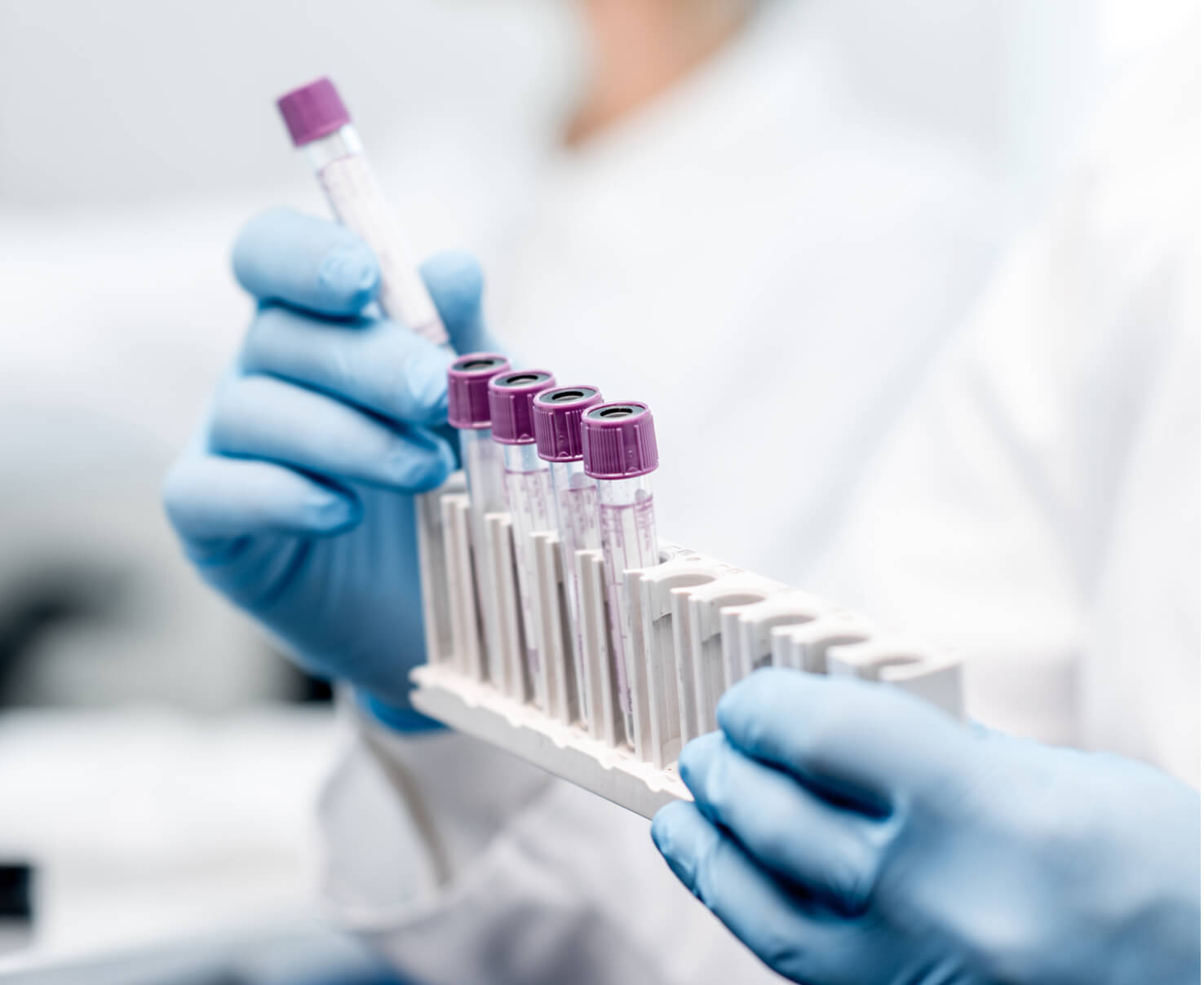The production of cGMP-grade biologics demands that a product’s manufacturing processes, characteristics, and analytical test methods be well-defined to ensure that the product is safe, effective and consistent between batches. These activities, known as CMC (chemistry, manufacturing and controls) are required by global regulatory agencies throughout product development.
The analytical testing package supporting CMC has elements that require comprehensive capabilities and specialized expertise, requiring operation within a cGMP-compliant quality management system.
The experts at Scorpius not only understand the process from the initial research stage through to cGMP manufacturing, but are also knowledgeable in global regulatory guidance and requirements as well as the utilization of “phase-appropriate” cGMP compliance methodologies. The FDA and other global regulatory agencies collectively support regulatory flexibility for early-phase manufacturing and testing of advanced therapies including cell and gene therapies, protein therapeutics and vaccines. A phase-appropriate approach reduces the cGMP compliance burden during clinical development and facilitates a faster route to early-phase clinical studies.
Scorpius offers CMC analytical testing support for both cGMP product release testing, as well as product stability programs conducted under cGMP and ICH guidelines.

